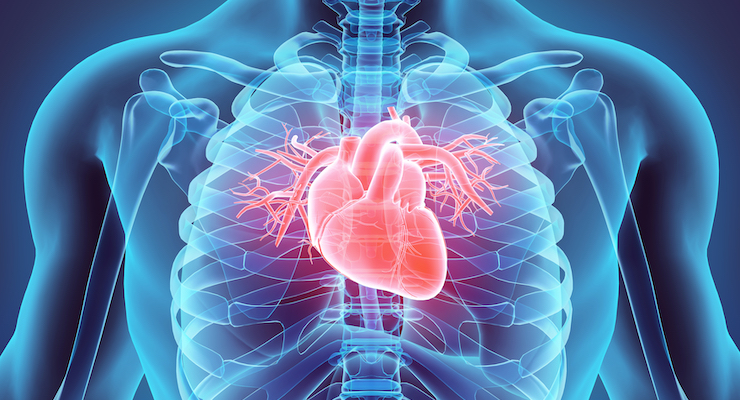Market Updates, Research
Statins May Contribute to Vascular Calcification by Inhibiting Vitamin K-Dependent Proteins
Researchers suggest the finding may open up inquiries on vitamin K2 supplementation for statin patients.

By: Mike Montemarano

A new cross-sectional clinical study published in Kaohsiung Journal of Medical Sciences has yielded further evidence that statins, a heavily-prescribed cholesterol medication, may enhance calcium accumulation in the arterial wall by inhibiting vitamin K-dependent proteins which are involved in vascular protection.
Statins are first-line drugs in the prevention and treatment of established atherosclerotic cardiovascular disease, but, paradoxically, intensive statin therapy has been shown to increase vascular calcification and accelerate its progression. For this reason, researchers intended to determine if vitamin K-dependent proteins could be a possible mechanism for mediating the pro-calcification effects of statins.
“According to the study, statins negatively influence vitamin K status,” Dr. Hogne Vik, chief medical officer with NattoPharma, a vitamin K2 supplier leading in research and development, said. “To that end, supplementation with vitamin K2, which has been shown to effectively improve vitamin K status and activate extrahepatic K-dependent proteins, might prove beneficial for statin users.”
The study enrolled 98 patients with established cardiovascular disease, as well as a control group of patients at moderate risk for CVD, and split the groups into statin users and non-users, where it was established that both CVD and statin use significantly was associated with vascular calcification, and statin use pronounced coronary artery calcification scores in both CVD patients and the controls.
Moreover, the researchers found that statins influenced vitamin K status, when it was determined that they inhibited the activation of osteocalcin (OC), a vitamin K-dependent protein. Inactive OC and the ratio of inactive and active form of OC were significantly elevated in the statin users, indicating vitamin K deficiency. Statins also impacted the international normalized ratio and interacted with vitamin K antagonists.
These results are in agreement with previous studies on statins and vascular calcification, such as a 2015 paper published in Expert Review Clinical Pharmacology, which stated that statins may act as “mitochondrial toxins” with adverse effects on the heart and blood vessels not only via the depletion of coenzyme Q10 (CoQ10) but also but inhibiting “the synthesis of vitamin K2, the cofactor for matrix Gla-protein activation, which in turn protects arteries from calcification,” NattoPharma said.
“NattoPharma has driven research confirming that vitamin K2 as MK-7 (as MenaQ7) is the only known inhibitor of vascular calcification through the activation of matrix gla protein (MGP). Yet this new study provides further evidence that statins interrupt the mechanism of action by which vitamin K2 is a cardio-protective nutrient,” Vik said. “And while CoQ10 and vitamin K2 are both affected by statins, no recommendation exists for prescribing supplemental vitamin K2 to statin patients…
“NattoPharma continues to work with the medical community on trials exploring vitamin K2 as a potential therapy for patients that express heavy calcification. We hope to encourage K2 supplementation as a recommendation in the future for statin users, especially considering this new evidence.”


